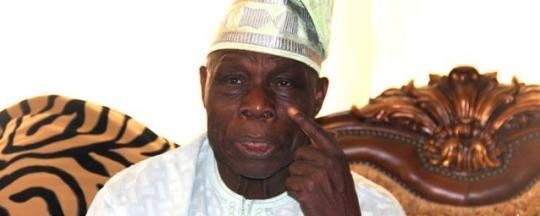The African Union Commission of Inquiry on South Sudan has alleged that the UN Mission in South Sudan refused to share documentary evidence as it researched war crimes committed in South Sudan last year, but a UN spokesperson denied the claim saying the peacekeeping mission “fully cooperated.”
This week the African Union released the Commission of Inquiry’s final report after more than a year of holding back its publication. Page 15 of the report states, “Lack of access to documentary evidence such as medical records and statements threatened to impede the work of the Commission.”
“In particular the Commission was unable to access any data in the possession of the UNMISS which has been documenting the violations committed since the start of the violence in December 2013 — despite the resolution of the Security Council mandating it to cooperate with AUCISS.”
The spokesman of the UN Secretary-General Ban Ki-moon was asked about this by Inner City Press at a press briefing in New York. Stéphane Dujarric, the spokesman, responded Thursday saying, “I can tell you that in line with relevant Security Council resolutions, the UN Mission supported the African Union Commission of Inquiry.”
“The Mission fully cooperated with the Commission’s investigation team at all stages of its work in South Sudan, in accordance with standard practices and policy, including the need to preserve confidentiality and to protect victims and witnesses,” Dujarric said.
He pointed out that the Commission thanked the former UNMISS chief Hilde Johnson in the acknowledgments section of its report as well as her interim successor, citing their “immense support.” However, this may be a reference to logistical support for the AUCISS travel arrangements, as it does not mention sharing of documentary evidence.
Pressed by a correspondent, Dujarric elaborated saying, “On South Sudan, you know, obviously, people can interpret it different ways. Obviously, there is a need to respect the confidentiality of witnesses and victims.”
“When you are a human rights investigator and you collect those names and the witnesses, you do so in confidence. So it’s important to protect that. I think it’s clear from the AU mission’s report that, overall, they were very grateful for the support and work from the peacekeeping mission,” added the UN spokesman.
The journalist responded, “But they said… the Commission was unable to access any data in the possession of UNMISS.”
“Well, I think people can have different interpretation… the AU has said what it has said and I have said what I have said,” Dujarric concluded.
File photo: Former Nigerian President Olesegun Obasanjo, head of the AU inquiry panel




